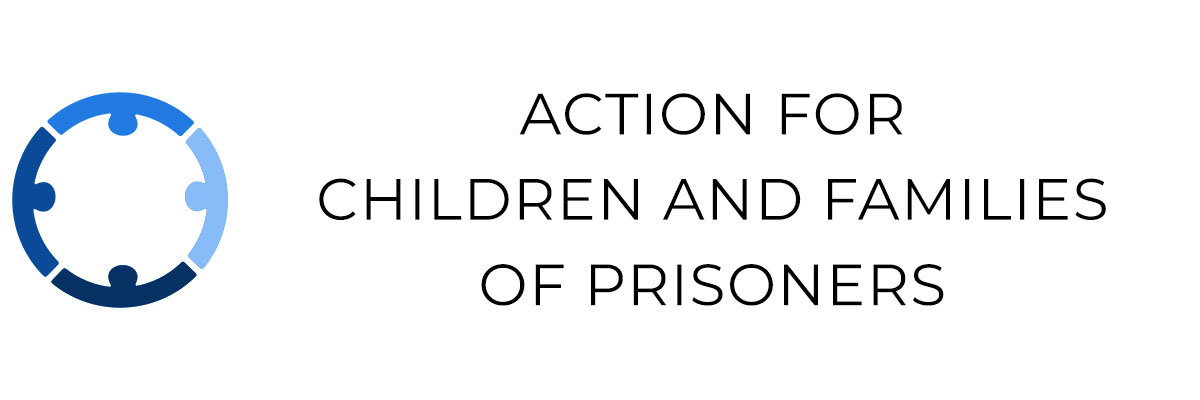An article published in the Probation Journal by Lockwood et al. describes the experiences of children visiting a parent in prison in Scotland, with qualitative interviews conducted with the partners and children of people in prison in Glasgow. The article acknowledges that children are often the “invisible victims of punishment,” and those parents who are incarcerated present some of the most complicated Child Protective Services cases.
Prison Visits
The study recognises that prison visits from children can increase the wellbeing of incarcerated parents, but also acknowledges that the use of children for the sole purpose of reducing recidivism rates fails to take account of the welfare of the child. Barriers to visitation highlighted by the study include the distance of the prison from the child’s home, restrictive visiting conditions imposed by prisons, and strained relationships between the child’s caregiver and their imprisoned parent.
The “double-edged sword” referenced in the article’s title is the happiness that children experience in having the opportunity to visit their parent in prison, only to be let down by the harsh and sometimes scary conditions that await them in the visitation room. An interview by the researchers with Mia, whose father was in prison at the time of interview, stated;
“They [the prison] are destroying the whole emotion of looking forward to seeing your parent, because you are so looking forward to seeing this person, but you know what’s coming when you get to the prison.”
The research highlighted the lack of activities given to children when visiting their parent, as many got bored quickly when all they were able to do was sit and look at their parent. Children’s anxieties were also spiked when they had to say goodbye to their parent after the visitation time lapsed, as many worried about their parent’s wellbeing.
Another barrier to children having a positive visitation experience was the hostility of the prison staff. Patrick, whose father was in custody at the time of the interview, stated “We are treated more like a prisoner than the actual prisoners are.” A similar complication to this is the lack of privacy and intimacy afforded to families of people in prison, where there were restrictions on physical contact, and where prison officers were always around during visitation.
Read the article here.

Recent Comments